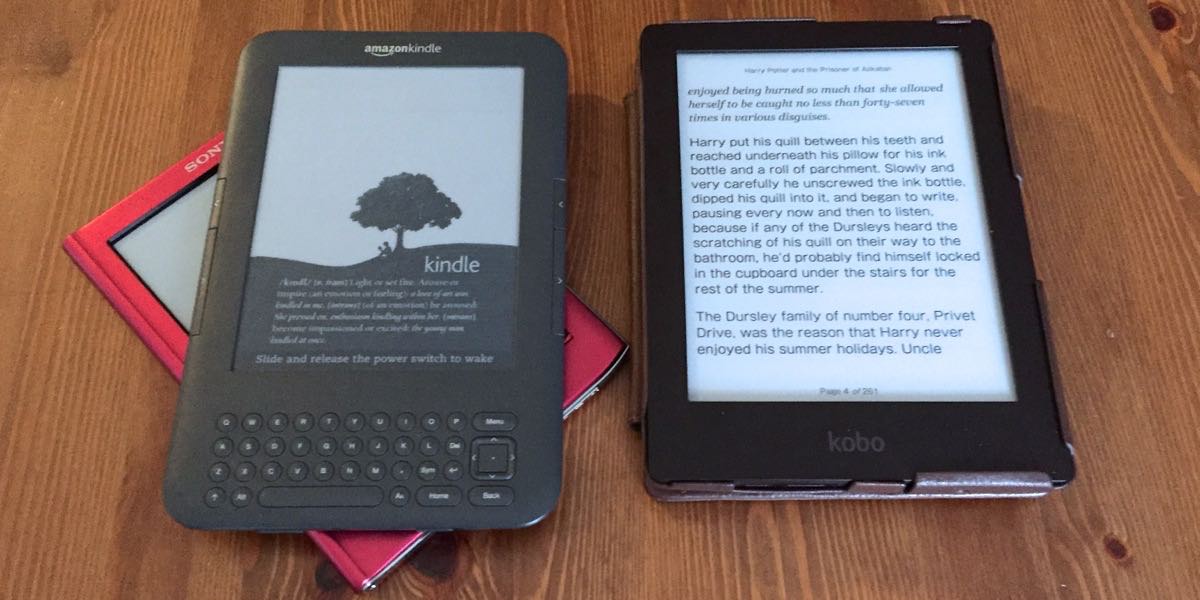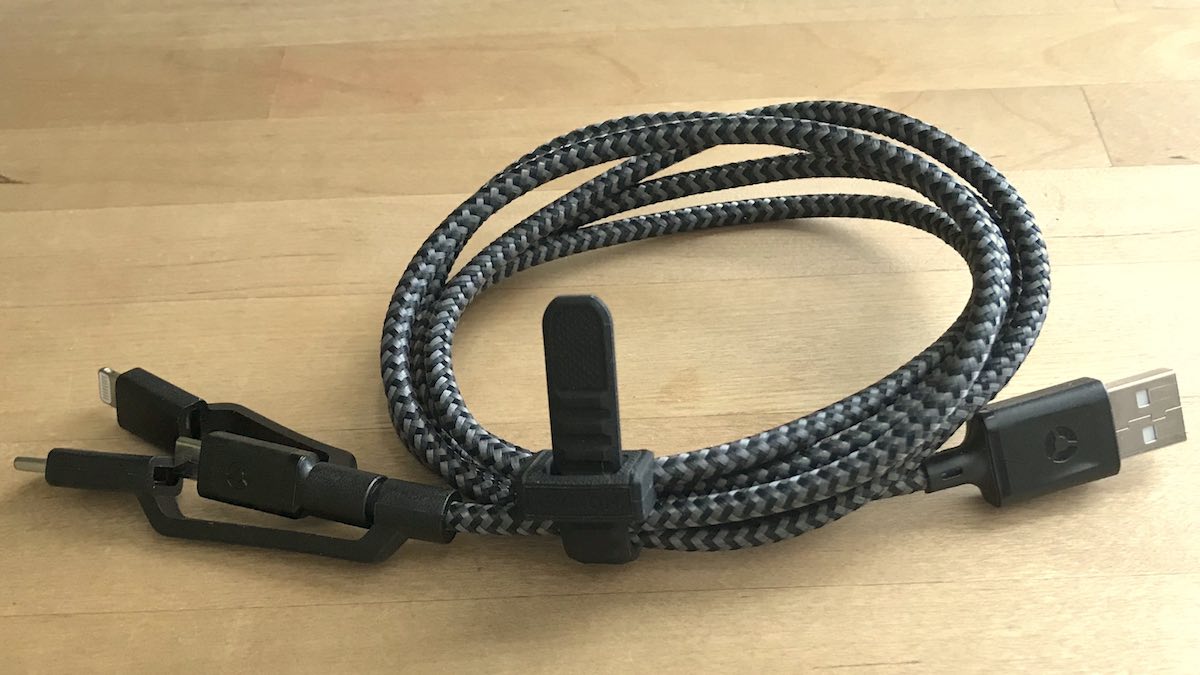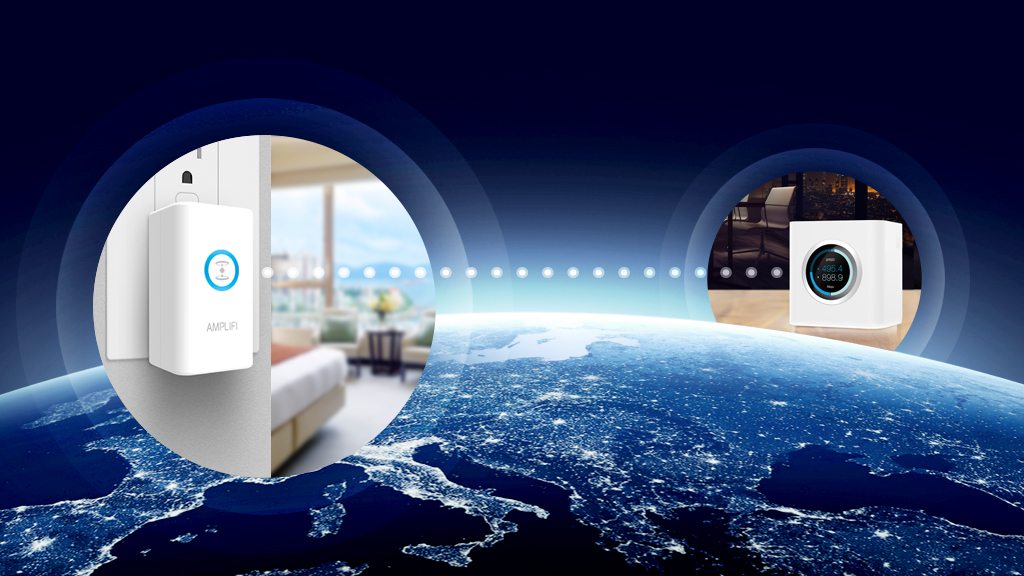
Two recent developments have many people once again questioning the relevance of standalone e-readers. That’s on top of the steep decline in e-reader sales in the past several years, the abandoning of the e-reader market by pioneer Sony, rising e-book prices and a resurgence in print book sales. I’m still a fan of e-readers and I think they are also a worthy investment for kids.
The two developments I was referring to have added fuel to the fire that tablets and big smartphones — phablets — will eventually kill the standalone e-reader.
First, Amazon announced that owners of Kindles released in 2012 or earlier would require a critical system update, or they would lose their wireless connectivity and be locked out of the Kindle Store. That move generated a lot of bad press for e-readers with the prospect of a dedicated device being intentionally hobbled by the company that made it. Then Apple released iOS 9.3 with its Night Shift mode that’s designed to address concerns that the blue light emitted by the LED displays of iPhones and iPads can disrupt sleeping cycles when the devices are used at bed time — often for reading.
Why am I still an e-reader guy?
First a very quick word on the dead tree vs. digital argument. I was an avid book collector and still have far too many book cases packed two-deep with novels, not to mention those in boxes and piled high in the depths of various closets. I get it that some people prefer paper, but I haven’t bought a dead tree book in nearly seven years. Digital saves space, I can buy on demand without worrying about store hours and every title I have ever purchased is always available in seconds. A nice leather case gets you the book form factor, so it doesn’t feel quite so alien as reading off a plastic and glass slab.
I’ve made the case in the past that e-books are fantastic for families. Besides never suffering the physical damage that paper books are subjected to like torn covers, random scrawls and unidentifiable food stains, with e-books my kids don’t have to fight over who gets to read the cool new book and who has to wait. And when we are on vacation, they have the entire library with them. Both encourage reading.
Now the practical arguments versus using a tablet.
I’m a fan of tablets, too, I just don’t think they’re the ideal device for reading e-books. The multipurpose aspect that makes tablets so attractive makes them a source of distraction when reading. Even if notifications are turned off, it’s awfully tempting to flip from a book to surfing the web for a few minutes or getting in a quick game. Using a dedicated e-reader removes those distractions.
At night, the side-lighting system used by current e-readers eliminates the need for a clip-on light like in the old days, but also addresses another other tablet issue. Blue light may have been solved, but a backlit LED display is still blasting light directly into your face, which can cause eye strain.
Battery life remains a huge win, with tablets needing recharging daily while an e-reader can go two months without plugging in. When I’m on vacation, the last thing I want to worry about is whether I have to crawl out of a hammock to recharge a device in the middle of a great book.
Of course, unless it’s under the shade of a tree or an umbrella, trying to read outdoors with a tablet is pretty much a non-starter anyway. While an e-reader like the Kindle Paperwhite looks even better outdoors than inside, an iPad turns into a faded shadow of its indoor glory, made even worse by a mess of glare and reflections.
Would you be upset if a kid cannonballed in the pool and sent a wave of water over your iPad? With the waterproof Kobo Aura H2O, I could care less. Because they’re lighter and typically have plastic bodies, e-readers also tend to be more likely to survive drops and bangs than tablets (a big factor with young kids) and being smaller and lighter than a tablet means it’s less likely they’ll lose their grip and drop it in the first place. Even if you manage to destroy an e-reader, replacements are relatively inexpensive. A decent e-reader can be had for around $75.
So, yes, reading on a mobile device is getting better and e-readers are no longer the “it” device they once were. But if you do your reading digitally, a dedicated e-reader is still the way to go.




I think the “resurgence in print book sales” you mention was actually the result of publishers forcing Amazon to increase ebook prices. It will be a temporary effect at best.
If they can make so many single-task kitchen appliances and get away with it, e-readers will always be relevant. I’m a HEAVY audible user (commuting and multitasking), but I will always have my “Kindle” for moments when I can sit in a hammock and enjoy a moment of tranquility.
Re: Blue Light;
The other issue not mentioned here is that the light from computer/tablet/phone screens is stimulating and keeps you up. The light from an e-book reader doesn’t so it makes it easier for before bed reading which I do to help get to sleep.
Also as someone with Attention Deficit-Disorder I can state that the single use e-reader makes all the difference in the world.
I wasn’t aware of that. I use my old kindle for reading before bed almost exclusively. Sounds like another reason to be happy with my kindle.
Why doesn’t Kindle have blue light?